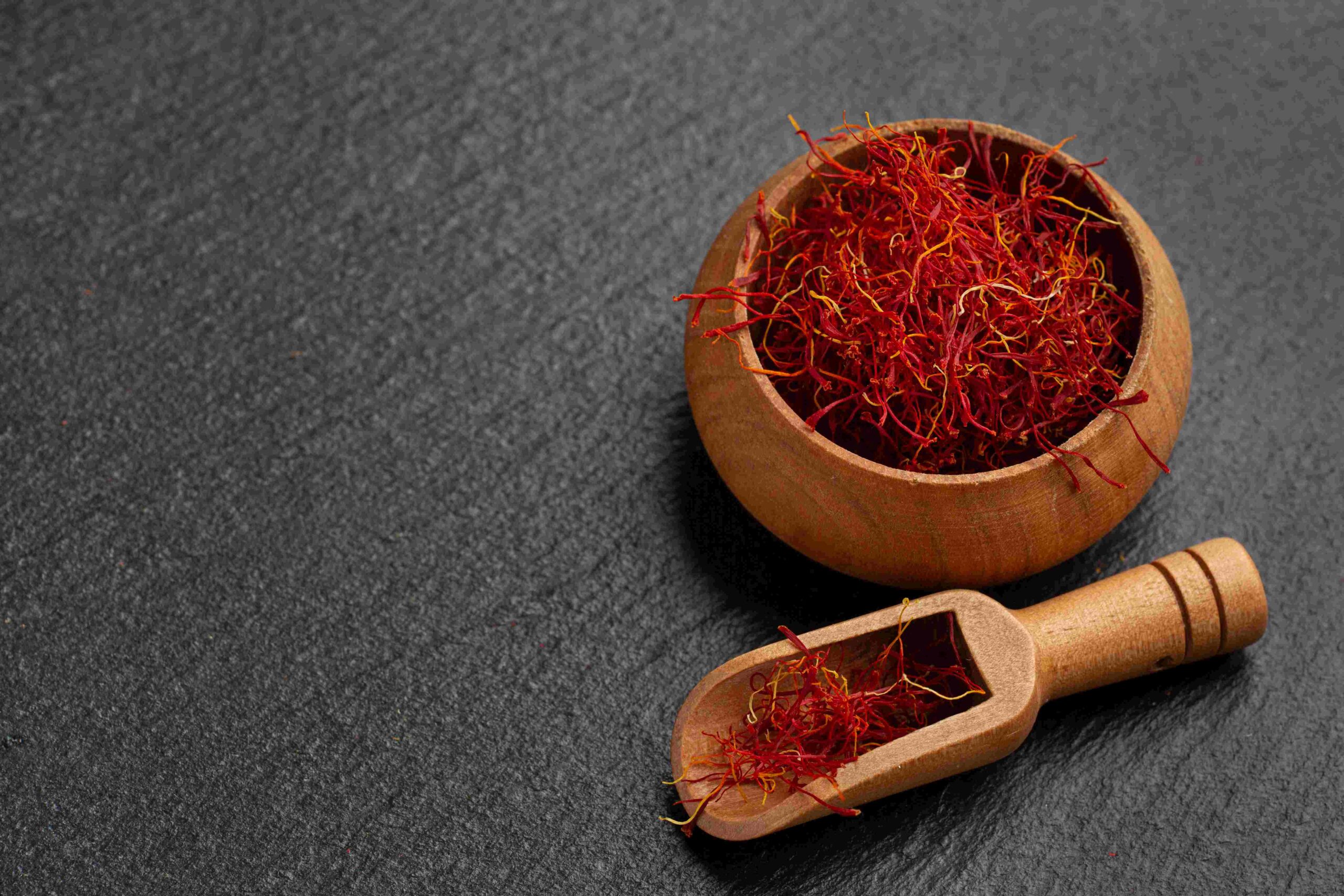As the field of integrated psychiatry continues to grow, many patients are seeking natural remedies instead of traditional pharmaceuticals. A 2010 survey found that the majority of integrated medicine visits involved mental health conditions, with depression being the most common. However, many western-trained psychiatrists are not up-to-date on the therapeutic properties of natural remedies and struggle to provide psychoeducation to their patients. This is why some have decided to take an open-minded approach to examine the evidence behind the use of saffron in patients with depressive disorders.
Saffron is the dried stigma of the crocus sativus plant and has been used in eastern medicine for centuries to treat various ailments, including mood disorders and depression. The cultivation of the stigmas, which contain components believed to possess therapeutic properties, is extremely labor-intensive. The stigmas mainly contain four bioactive compounds: crocins, crocetins, picrocrocin, and safranin, which exhibit antioxidant, anti-inflammatory, serotonergic, neuroendocrine, and neuroprotective effects.
Saffron as an antidepressant
An early meta-analysis of six double-blind randomized controlled trials (RCTs) was conducted in Iran, which consisted of 230 adults with major depressive disorder. The study brought forward compelling evidence for the potential of saffron as an antidepressant. All studies compared saffron dosed 30 mg per day against conventional antidepressants or placebo. Two of the studies compared saffron with a placebo treatment, while three of them compared it with fluoxetine 20 mg daily, and one of them compared it with imipramine 100 mg daily. Overall, the studies showed a significant reduction in the Hamilton Depression Rating Scale, without statistical significance between groups.
The findings of this study have promoted further studies. A randomized controlled trial compared citalopram to saffron. The study showed improvements in both depression and anxiety over six weeks, as measured by the HAMD and the Hamilton Anxiety Rating Scale, in patients with mild to moderate symptoms.
Yet another double-blind RCT considered a slightly higher dose of saffron at 50 mg daily against a placebo in mild to moderate MDD patients over 12 weeks. The study found a statistically significant reduction in depression, using the Beck Depression Inventory to measure the results.
A double-blind RCT by Talaie and colleagues in 2015 looked specifically at the stigma component crocin dosed at 15 mg twice a day as an adjunct to SSRI treatments in 40 patients and found a significant score improvement on the BDI after four weeks compared with placebo.
Kashani and colleagues compared saffron dosed at 15 mg twice daily against fluoxetine 20 mg daily for treating mild to moderate postpartum depression over six weeks. They found equal efficacy among the two treatments. The partial response rates and remission were almost identical between the groups.
A 2019 study restricted the age of the population examined to 60 years and above. They compared the reduction in HAMD with daily treatment of saffron 60 mg against sertraline 100 mg for six weeks. Their findings were in line with previous studies of wider populations. The researchers concluded that both agents were equally effective at reducing depressive symptoms.
As intriguing as the current evidence is regarding the potential antidepressant effects of saffron, western medicine still does not believe it is ready for clinical implementation. They think that if saffron were to undergo rigorous large trials for safety and efficacy and obtain FDA approval, it could be used as an option for patients with unipolar mild-moderate depression who are resistant to conventional antidepressants.
Ayurveda and eastern medicine have been using saffron to treat a variety of ailments for centuries. The usefulness of saffron was understood by scholars long.
Final words
Saffron has been used in eastern medicine for centuries to treat various ailments including mood disorders and depression. Recent studies have shown compelling evidence for its potential as an antidepressant, with positive results in several randomized controlled trials. While western medicine still requires further large-scale trials for safety and efficacy, saffron could potentially be used as an option for patients with unipolar mild-moderate depression who are resistant to conventional antidepressants. As the field of integrated psychiatry continues to expand, natural remedies like saffron may offer a promising alternative for those seeking holistic treatment options for mental health conditions.

